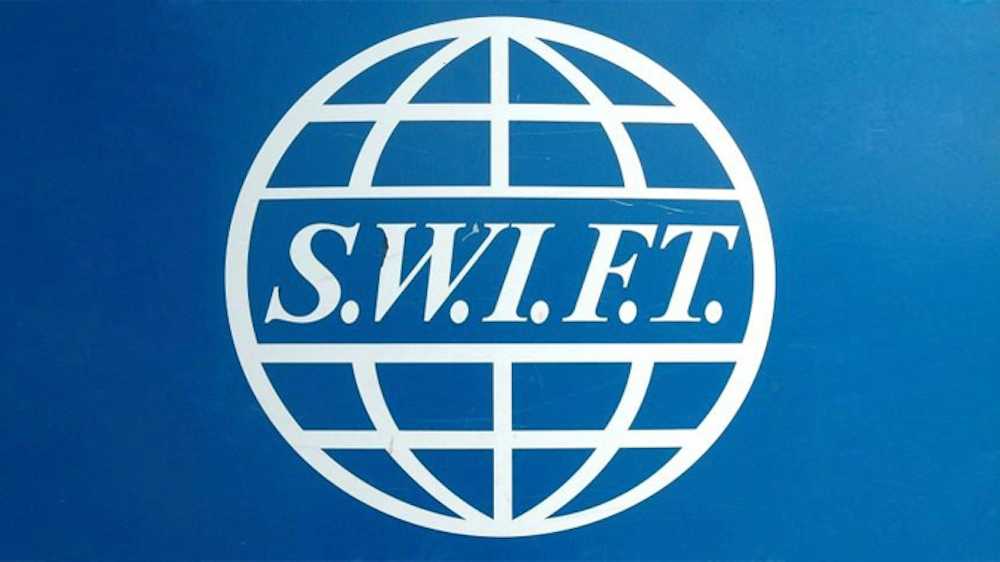SWIFT, People's Bank of China subsidiaries form 'finance gateway' firm


SWIFT, along with the clearing center and the digital currency research institute of the People's Bank of China (PBoC), have together formed a financial gateway company in China, public records show.
The new entity, called Finance Gateway Information Service Limited, was registered in Beijing on January 16 with 10 million euros ($12 million) as incorporation capital, according to its business record.
The global interbank settlement organization contributed 55% of the capital via a Hong Kong subsidiary. Notably, China National Clearing Center (CNCC), a fully-owned domestic settlement subsidiary of the PBoC, owns 34% of the new entity.
Meanwhile, Cross-border Interbank Payments and Settlement Limited (CPIS), a cross-border clearing entity under the CNCC, and the PBoC’s Digital Currency Research Institute own 5% and 3% of the newly founded gateway firm, respectively. The Payment and Clearing Association of China (PCAC), a self-regulatory association for the payments industry, owns the remaining 3%.
It’s unclear at this stage as to the scope of the joint venture because there is little public information beyond the registration record. The PBoC couldn't be reached for comment. SWIFT declined to comment on the matter.
Based on the record, a person called Huang Meilun serves as the legal representative of the new firm. There are five board directors in total.
SWIFT's official WeChat account shows Huang Meilun, who also goes by Daphne Huang, is SWIFT China's CEO. On the other hand, Cheng Shigang, a vice general secretary of the PCAC, is the chairman of the board.
The other four directors include three executives from SWIFT as well as Mu Changchun, the head of the PBoC's digital currency research institute.
The joint-venture comes over a year after SWIFT established a wholly foreign-owned enterprise in China in an effort to be more actively supporting the internationalization of the Chinese yuan, according to a report from China Daily.
The world's second-largest economy has recently conducted several city-wide tests of its central bank digital currency in Shenzhen and Suzhou. In total, the country has given away about $10 million worth-of digital yuan to local citizens for them to spend the money at more than 20,000 merchants.
In December, the Hong Kong Monetary Authority said it was working with the PBoC’s digital currency research institute to explore the digital yuan’s cross-border clearing and payments.







